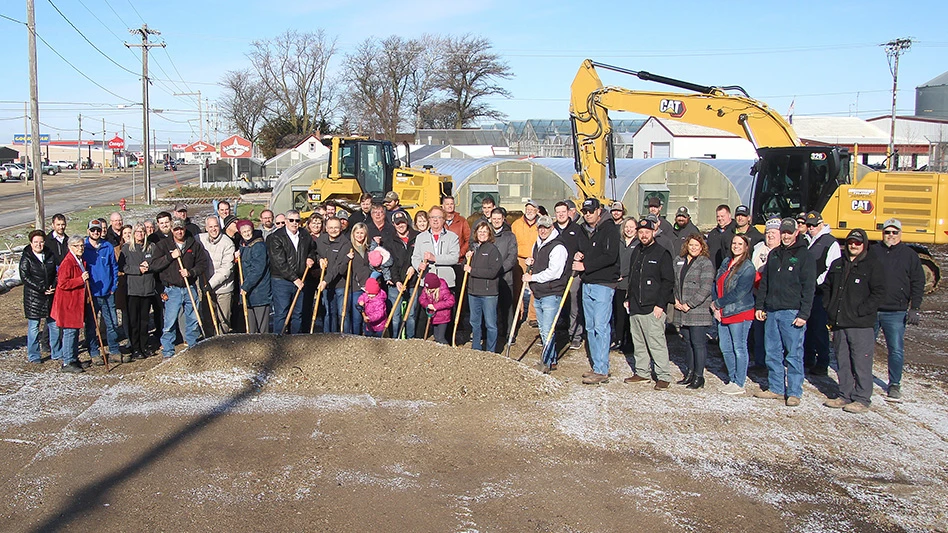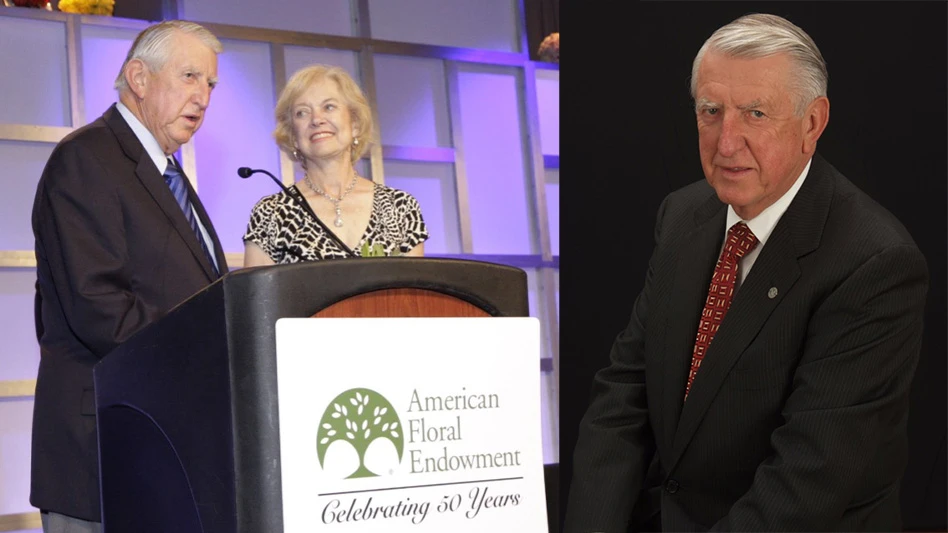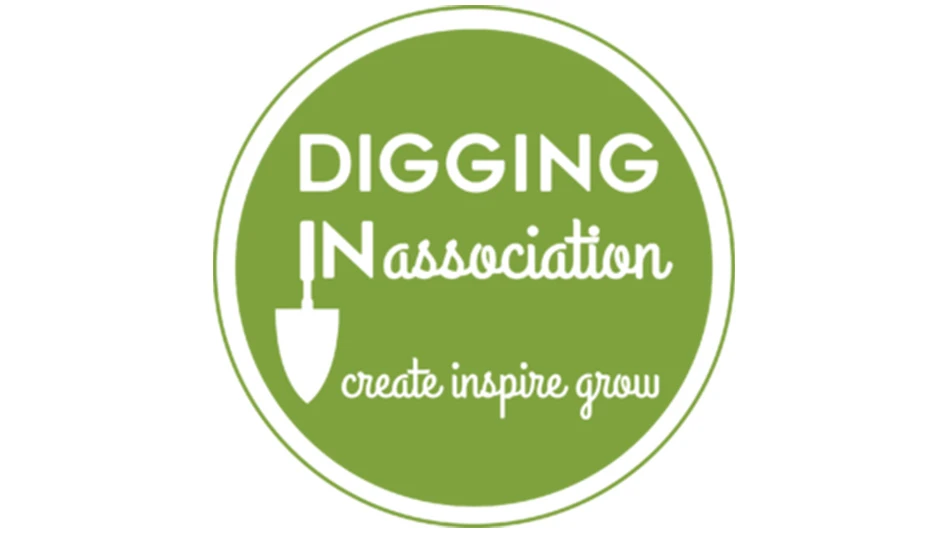
 East Jordan Plastics is on track this year to process 10 million pounds of plastic
East Jordan Plastics is on track this year to process 10 million pounds of plastic
on its current recycling line.Just call it the green-industry paradox: Growers produce eco-friendly, oxygen-generating plants in plastic pots that rarely end up in recycling bins. Amazingly, this contradiction remained a sideline issue—until a few years ago.
As the sustainability trend took hold of the country, garden writers turned their attention to the tons of horticulture plastics discarded every year. Some types could go in curbside recycling bins. But the vast majority ended up in landfills.
It was a wake-up call for the horticulture community. In short order, green-industry suppliers, consumers and non-profit organizations began developing programs to recycle and reuse hort-plastic. Among the leaders in this effort was East Jordan Plastics, based in East Jordan, Mich.
The challenge
Nathan Diller, recycling manager at East Jordan Plastics, said there were a number of reasons why the company committed to take on the recycling challenge.
“We believe the most sustainable growing container is one made from recycled plastics,” he said. “We believe that the best way to achieve long-term sustainability is to recycle and reuse the growing containers that we make”
East Jordan has been a long time user of recycled plastics. The company first began using recycled material for manufacturing when they transitioned their product line from wooden greenhouse flats to plastic flats in the early 60s.
“Even though our containers have always contained recycled plastic, few were being recycled at the end of their life cycle,” Diller said.
East Jordan saw that if these containers could be consolidated and returned to them, they could recycle them and put them back into finished product, thus “closing the loop” on the life cycle of the container. Combining this with the fact that East Jordan has longstanding relationships with many growers and retailers throughout the industry, it made sense that the supply chain of used containers could be developed.
Ramping up
East Jordan jumped into the recycling initiative full-force.
“In the spring of 2008 we really started the push to collect used containers,” he said. “At that time there wasn’t a lot of consumer collection—it was mostly containers used by growers. We started building a stockpile knowing full well we were going to have a [recycling] facility.”
That fall, East Jordan Plastics found space for its recycling venture in South Haven, Mich. The location was ideal, since it was at the crossroads of the company’s popular shipping routes. Meanwhile, machinery to process the used plastic was being custom built for East Jordan.
After that, the project progressed rapidly. The machinery was delivered in March 2009; the facility went to a two-shift operation that fall, and in early 2010 a third shift was added. Used pots, trays, tags and bench cards are currently being ground up and reprocessed around the clock.
“We received a lot of positive response from the growers,” Diller said. “Consolidating plug and propagation trays was an easy place for them to start because, in most cases, these are containers that never leave the growing operation. It eliminates the waste, and they get something in return.”
East Jordan picks up and pays for the used plastic. Reimbursement rates depend on a number of factors, including material type, quality and quantity. Current East Jordan Plastics customers usually have a credit applied to their account. Others will receive a check.
Full circle
But growers aren’t the only horticulture businesses contributing to East Jordan’s recycling stockpile. Garden retailers and landscapers are also supporting the effort. Diller said one garden center in Northwest Michigan offers a great example of how East Jordan’s “Project 100%” brings industry segments together.
“It’s a small garden center that really wanted to be involved in recycling,” Diller recalled. “But they didn’t generate a whole lot of plastic. They worked with customers and local landscapers who hated to see the plastic thrown away. It was consolidated and dropped off at the garden center. The local municipality also got involved. The garden center ended up with a full truckload.”
“If they can coordinate with other garden centers or growers, they can work together to consolidate into a truckload, which optimizes logistics.”
East Jordan’s long term goal is to expand both the capacity and reach of Project 100%. They’re on track this year to process 10 million pounds of plastic on the current recycling line.
“Plans are being made to add additional capacity to our South Haven facility,” Diller said. “As the program continues to grow, we would like to see our South Haven facility become a template for future recycling facilities throughout the country.”
This, of course, will better serve markets outside of the Midwest.
“The most unique thing about this program is that it’s really closed loop,” he said. “The containers we are recycling are being used to manufacture new containers.”
For more: East Jordan Plastics, www.eastjordanplastics.com.

Explore the June 2010 Issue
Check out more from this issue and find your next story to read.
Latest from Garden Center
- The HC Companies, Classic Home & Garden merge as Growscape
- Terra Nova releases new echinacea variety, 'Fringe Festival'
- Eason Horticultural Resources will now officially be known as EHR
- ScottsMiracle-Gro transfers cannabis subsidiary to focus on core lawn and garden business
- Should we start calling natives 'eco-beneficial plants'?
- Ellen Mackenbach-Lakeman appointed new CEO of Dümmen Orange
- $7,500 in therapeutic garden grants available from National Garden Bureau
- The Growth Industry Episode 3: Across the Pond with Neville Stein





